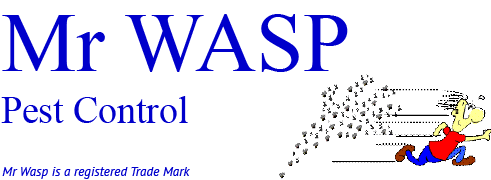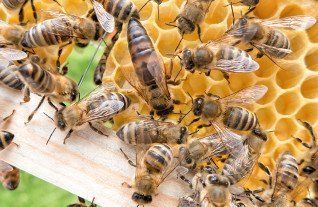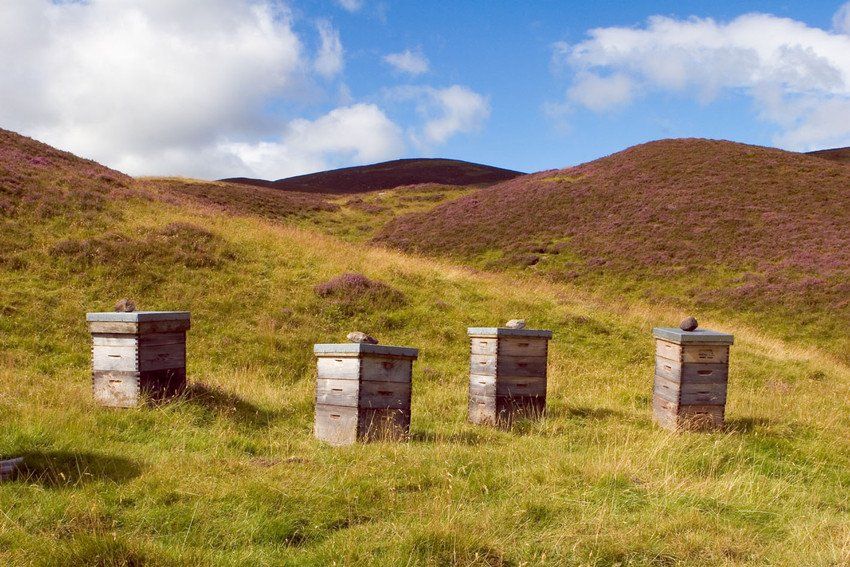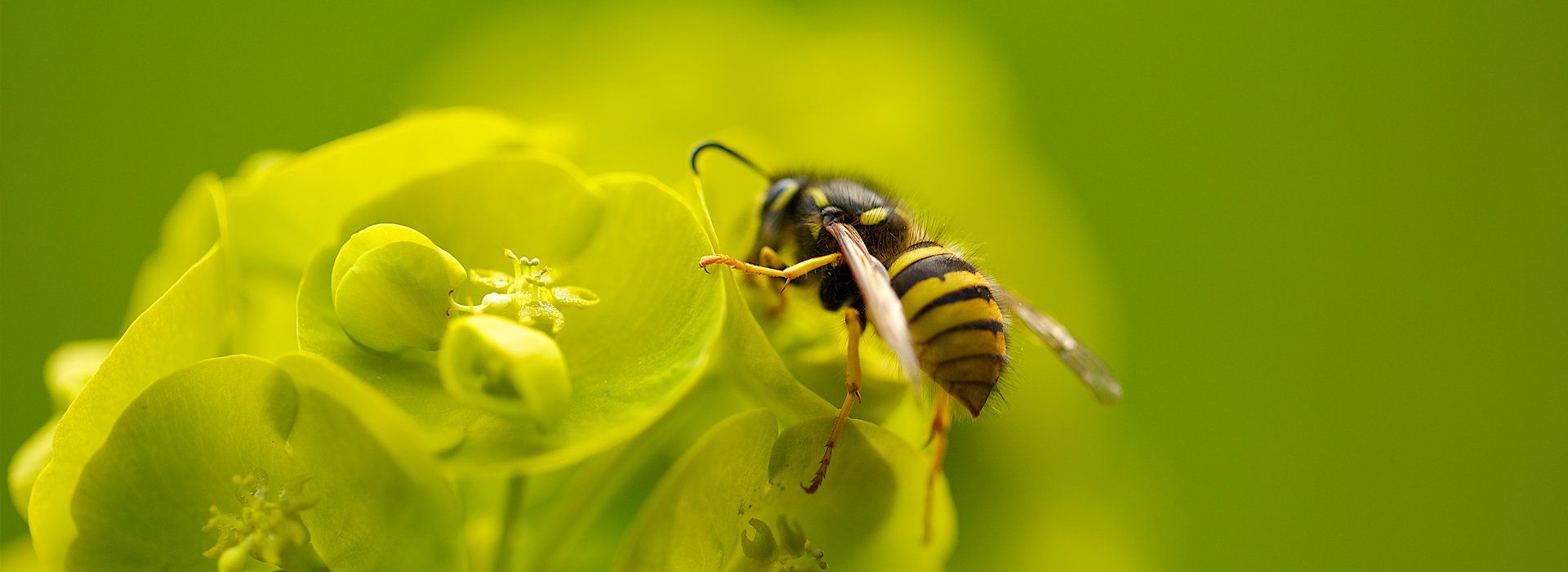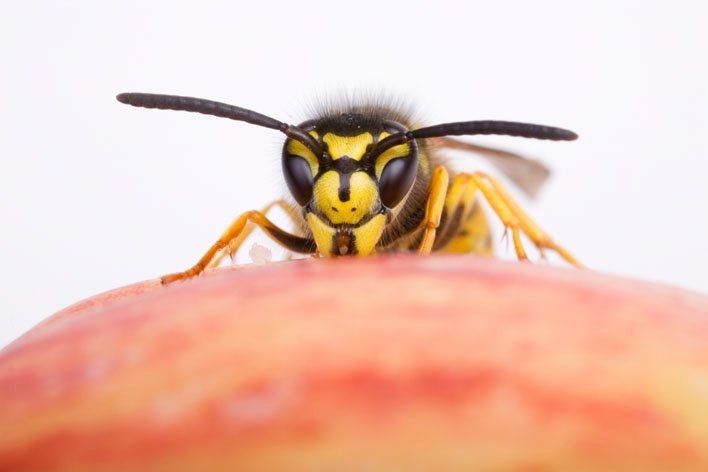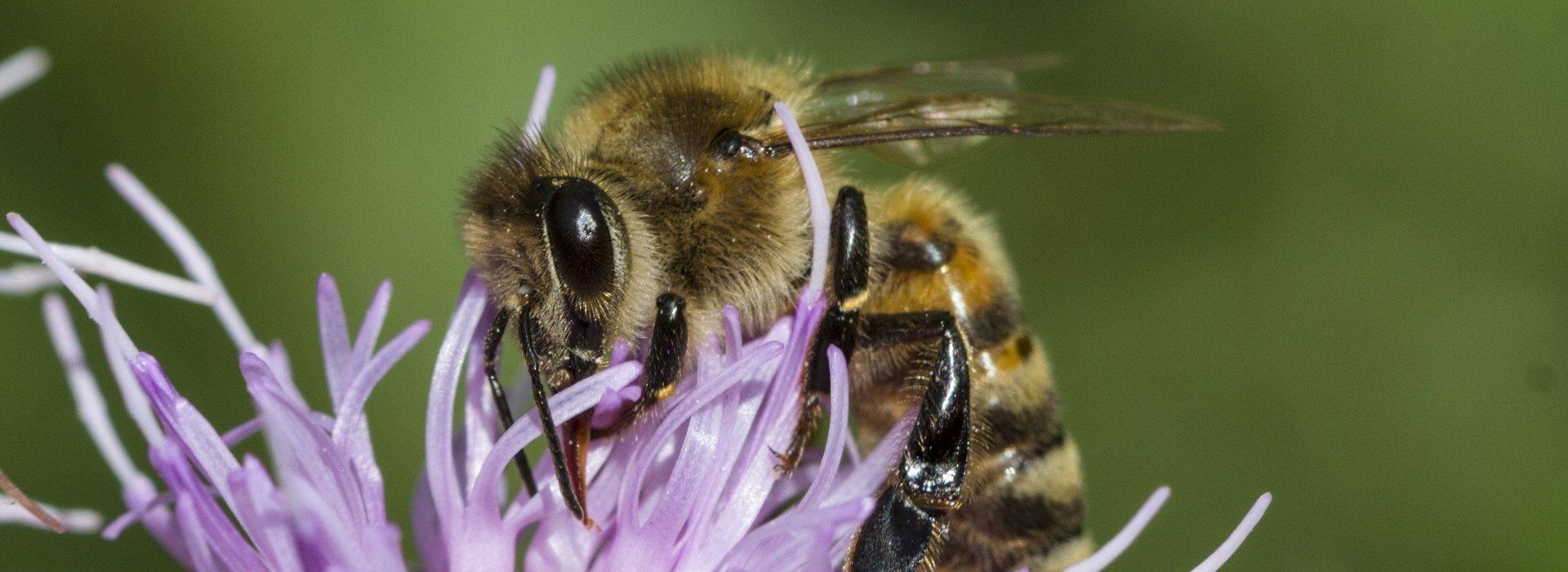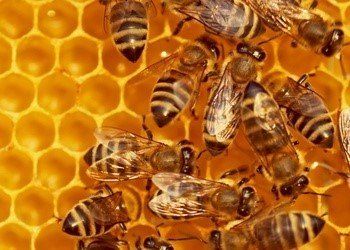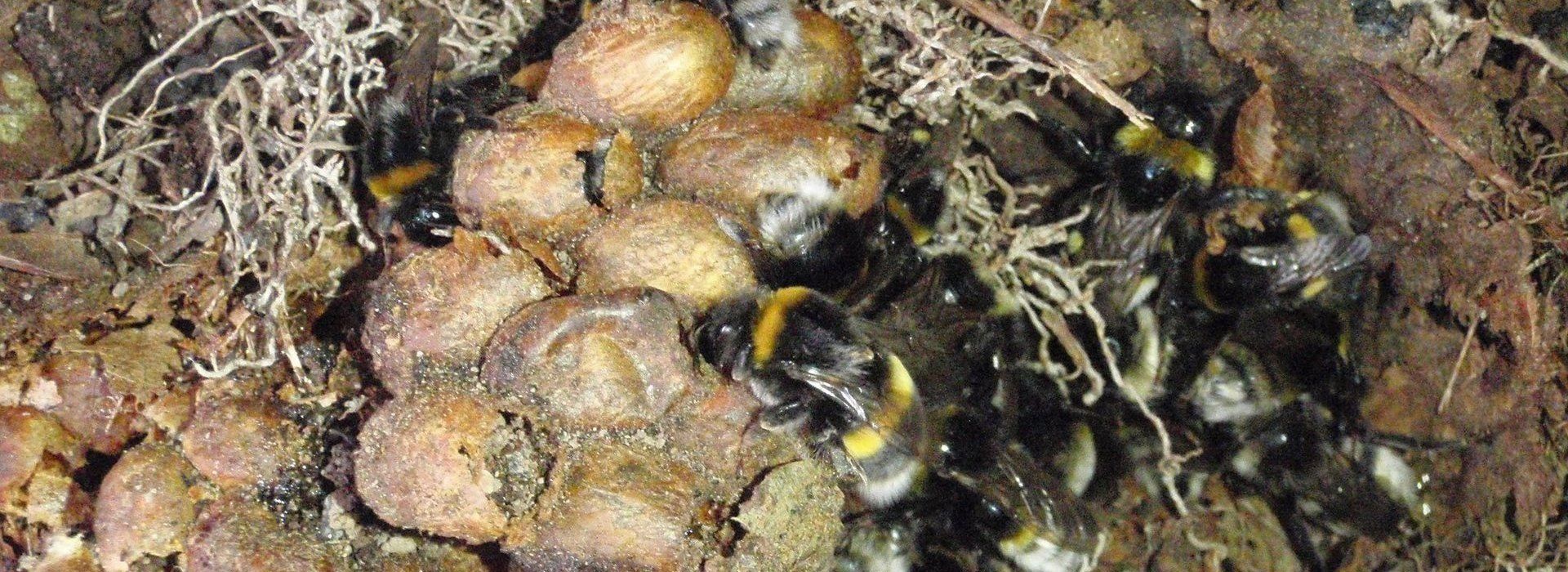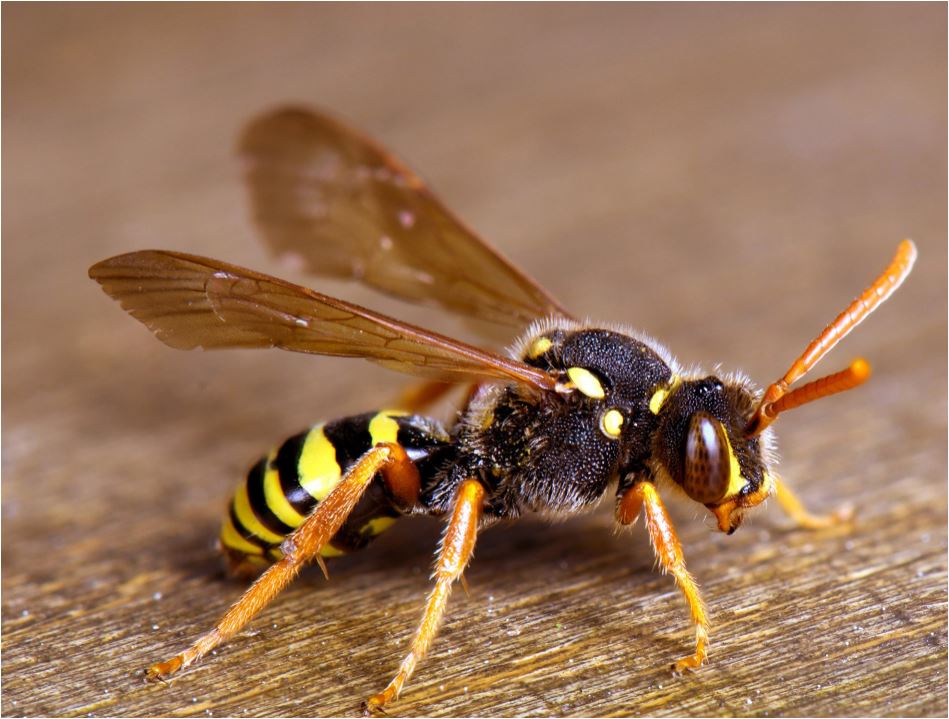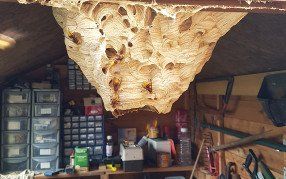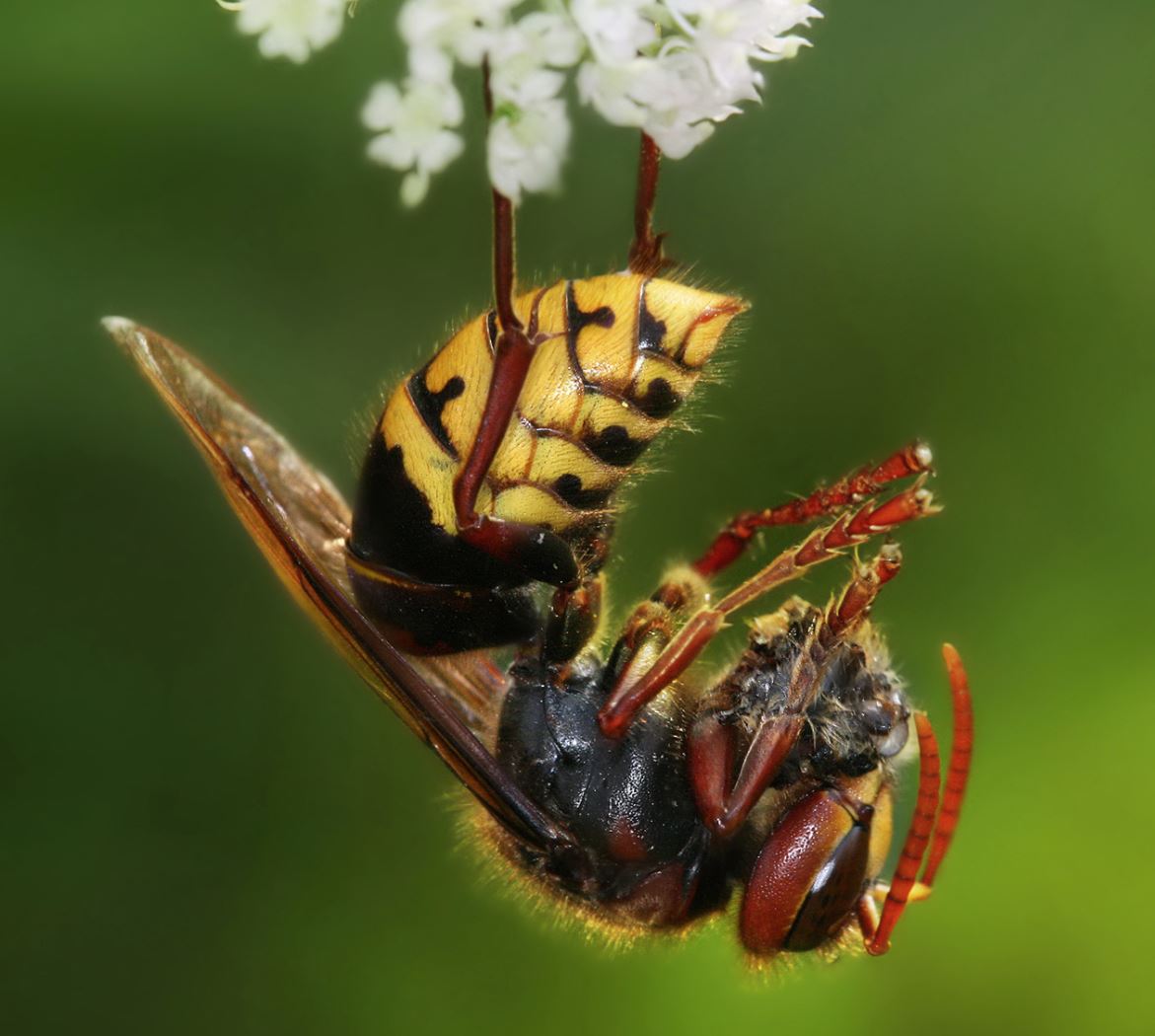Five common myths about bees
Bees are one of the most important insects on the planet and are one of the main reasons that we’re able to enjoy a wide range of fruits and vegetables each and every day. From pollinating crops to producing honey, bees truly are an extremely important aspect of the eco-system - but how much do you really know about them?
Interestingly, there are many myths and misconceptions floating around about bees that we at Mr Wasp know to be untrue, as we discuss here:
While wasps and bees look fairly similar and are sometimes mistaken for each other, they aren’t the same insect. They have a few common similarities and are both from the Hymenoptera order of insects, however they are fundamentally different in many ways. For instance, while bees are non-aggressive and will likely die after stinging someone, wasps are predators and can sting more than once.
Bees are best known for producing honey, but it’s a common misconception that all types of bees are part of the honey-producing process. In fact, only 5% of all bees make enough honey to be harvested for human consumption, with the remaining 95% only making enough for their own purposes. Next time you use honey in your cooking or baking, you’ll have honey bees to thank!
It’s often assumed that bees live a long life, maybe because of the efficient social system in which some species live under, however, this isn’t the case. While queen bees can live for up to five years, the average worker bee will only live for just over a month, giving them enough time to reproduce and contribute to the building of the hive.
Like wasps, bees can leave a nasty sting when they feel threatened or aggravated. However, it’s often assumed that all types of bee can sting - a belief that isn’t strictly true. Only female bees can sting, and while male bees will still try to defend the hive when they feel threatened, they cannot actually sting other insects or mammals.
While we often picture colonies of bees living together in a hive, this image only reflects a small number of bees. In fact, many bees don’t live in a colony and instead are solitary, meaning they work alone and don’t abide by the social rules of a hive. While it’s only the minority of bees that actually live in a hive, this won’t be much of a consolation if you spot a nest in your home or business premises!
While bees are truly fascinating insects, having a nest on your property can cause a whole host of problems. If you’ve spotted a hive in your home, garden or business building, get in touch with us at Mr Wasp today. We’re experts in the safe and efficient removal of wasp, bee and hornet nests, and are proud to have developed a reputation for excellence throughout Cardiff and South Wales. For more information about our services, get in contact with the team at Mr Wasp today.